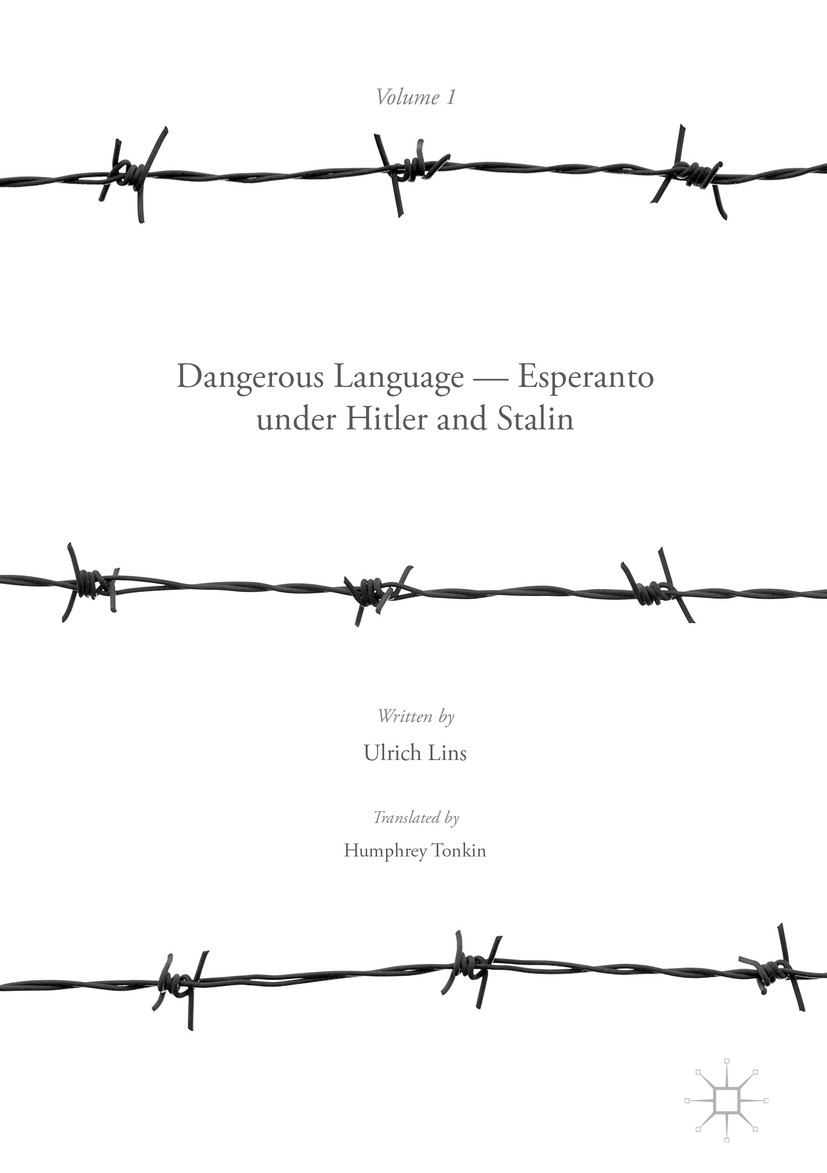| 书目名称 | Dangerous Language — Esperanto under Hitler and Stalin | | 编辑 | Ulrich Lins | | 视频video | http://file.papertrans.cn/261/260391/260391.mp4 | | 概述 | Offers a compelling, rigorously-documented account of Esperanto’s remarkable survival among the nightmares of communism and fascism.Presents a story of the language movement that outlasted the particu | | 图书封面 |  | | 描述 | This is Volume 1 of .Dangerous Language.. This book examines the rise of the international language Esperanto, launched in 1887 as a proposed solution to national conflicts and a path to a more tolerant world. The chapters in this volume chart the emergence of Esperanto as an answer to a widespread democratic desire for direct person-to-person international communication regardless of political boundaries. Its early success was limited, mostly because of the Czarist regime‘s suspicion of direct communication with foreigners, and, later, similar suspicion by dictatorial regimes generally. As speakers of a "dangerous language," its adepts were harassed and persecuted, especially in Germany and the Soviet Union. This book argues that the fate of Esperanto over the 130 years of its existence serves as a barometer to measure the degree to which regimes tolerate spontaneous personal contact with other countries and allow the pursuit of self-education outside prescribed national or ideological constraints. This book will appeal to a wide readership, including linguists, historians, political scientists and others interested in the history of the twentieth century from the unusual perspect | | 出版日期 | Book 2016 | | 关键词 | Ludwik Zamenhof; antisemitism; revolution; linguistic persecution; communication; Europe; history; language | | 版次 | 1 | | doi | https://doi.org/10.1057/978-1-137-54917-4 | | isbn_softcover | 978-1-349-71505-3 | | isbn_ebook | 978-1-137-54917-4 | | copyright | The Editor(s) (if applicable) and The Author(s) 2016 |
The information of publication is updating

|
|
 |Archiver|手机版|小黑屋|
派博传思国际
( 京公网安备110108008328)
GMT+8, 2026-1-3 07:49
|Archiver|手机版|小黑屋|
派博传思国际
( 京公网安备110108008328)
GMT+8, 2026-1-3 07:49


